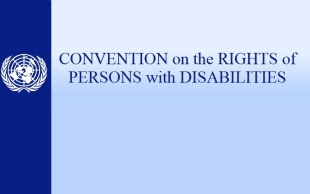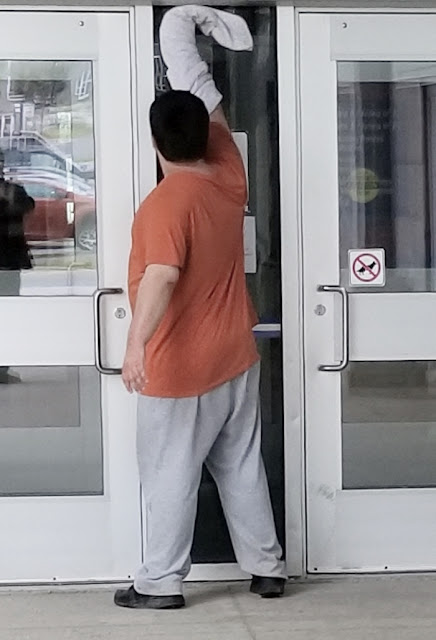Cancellation Notice: In early August I announced my intention to protest in front of the UNBCEL hosted Atlantic Provinces High Functioning Autism Conference on Nov 8 & 9. My legal practice requirements make it very difficult at this time and I will not be protesting at the Conference.
. I was ticked off that the conference like its predecessor at Shediac focused on high functioning autism and excludes persons who can speak authoritatively about the struggles facing persons with autism and ID ... the parents, many of whom were among the parents who advocated for early autism intervention, autism (UNBCEL) trained school aides and reversal of the decision to close the Stan Cassidy autism team.
I thank CTV's Jessica Ng who was kind enough to interview me about the lack of parental participation about the Atlantic Provinces High Functiioning Autism Conference. at the Fredericton North Market with Conor.
An Autism Connections Fredericton spokes person Rick Hutchins was interviewed also and was very disappointing as he was very careful to avoid mentioning the words "Intellectual Disability". (International Estimates are that 40-50% of persons with Autism also have ID). Persons with autism and ID have exceptionally high incidence of epilepsy and face a 30 YEAR premature mortality rate compared to persons in the general population..
40-50% of the autism spectrum in NB with intellectual disability will not be represented at the Atlantic Provinces High Functioning Autism Conference.. No applause for the hosting UNBCEL from this NB father of a son with autism, intellectual disability and epilepsy who was one of the parents whose advocacy led to the establishment of the UNBCEL autism program and the continuation of the Stan Cassidy autism team.




